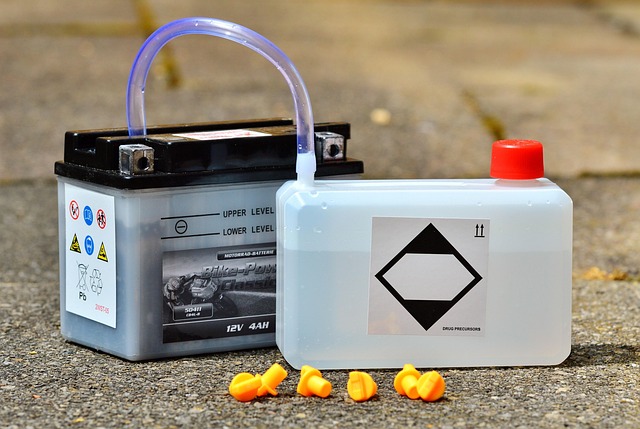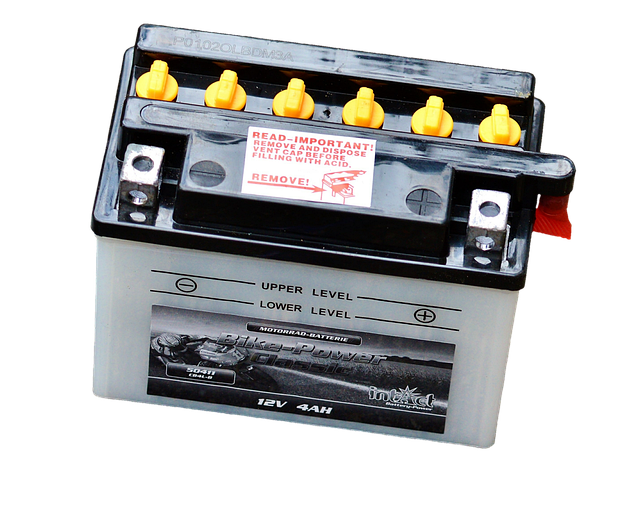Electric vehicles (EVs) have taken the automobile industry by storm, symbolizing a transformative shift towards sustainability and innovation. However, one crucial aspect that every EV owner must understand is the phenomenon of battery wear. As the heart of EV performance, the battery’s health directly influences everything from acceleration to range. Much like how traditional car engines require routine maintenance to ensure optimal performance, electric cars are also susceptible to the effects of battery degradation over time.
When we talk about battery wear, we’re addressing the gradual decline of a battery’s ability to hold and deliver energy. Factors such as charging habits, ambient temperatures, and the number of charge cycles contribute significantly to this wear. The internal chemistry of lithium-ion batteries, which powers most EVs, becomes less efficient after prolonged use. Consequently, this directly impacts not only the driving range but also the overall performance and reliability of the car.
Regular car service is essential for maintaining the longevity of an electric vehicle’s battery. Many manufacturers provide guidelines on how and when to charge, emphasizing the importance of avoiding deep discharges and high charging speeds. Proper care can effectively minimize battery wear, allowing the vehicle to perform optimally for a longer period. Car services today often include battery health checks, which can be an eye-opener for many EV drivers. Understanding how degraded battery performance might translate into less responsive acceleration or a drop in range can motivate owners to keep their vehicles in check.
As technology advances, so do the components of electric vehicles, including their car parts. Battery technology is one of the areas receiving the most attention. Manufacturers are investing heavily in research and development to produce batteries that are not only longer-lasting but also more efficient in terms of energy retention and discharge. This race to improve battery technology means that new models come equipped with enhancements that help mitigate battery wear, assuring consumers of nearly constant performance levels. Staying abreast of these advancements through car news can be beneficial for EV owners looking to upgrade or prolong their vehicles’ lifespan.
In climate-conscious circles, the conversation around battery wear extends beyond performance; it also involves sustainability. If batteries degrade too quickly, it raises questions about the environmental impacts of electric vehicle production, including the sourcing of materials and disposal of old batteries. Understanding these layers of battery wear helps consumers make informed decisions while also encouraging manufacturers to innovate responsibly.
Ultimately, the performance of an electric vehicle rests heavily on the health of its battery. EV owners must embrace proper maintenance, stay informed about technological developments, and understand the implications of battery wear on their vehicles. By fostering a deeper comprehension of this subject, drivers can ensure their electric cars remain efficient, reliable, and enjoyable to drive for many years to come.




